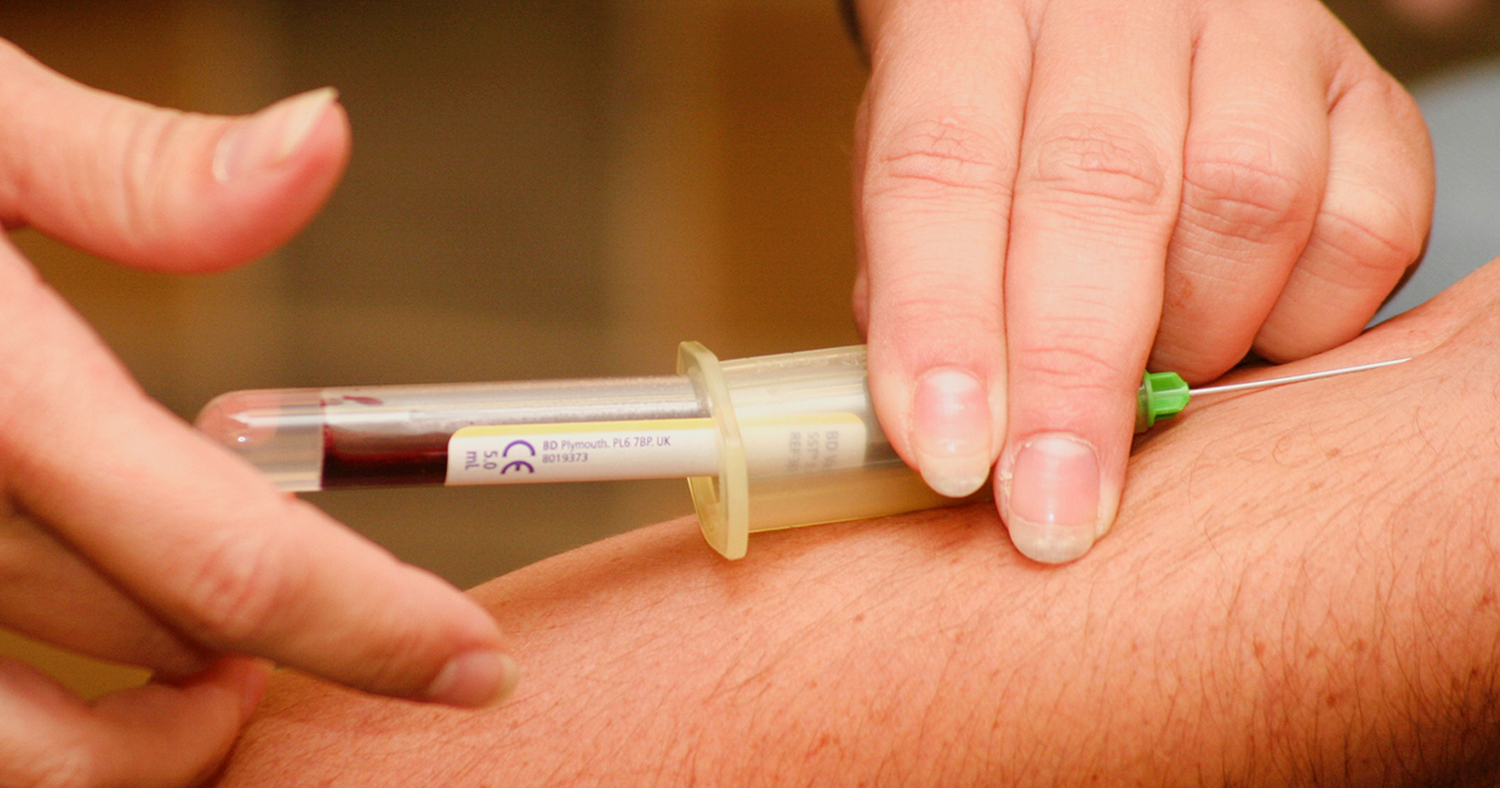There were 313 newly human immunodeficiency virus (HIV) cases reported among Singapore residents in 2018.
This is the lowest number since 2005, when the number of newly reported HIV cases was 317.
The 2018 statistics were released by the Ministry of Health (MOH) on June 30, 2019.
More cases diagnosed in late stages of HIV
The rate of new HIV cases reported in 2018 is 7.8 per 100,000 resident population. This is also the lowest rate since 2004.
The total number of HIV-infected Singapore residents by end-2018 was 8,295, of whom 2,034 had passed away.
More new cases (50 per cent) were diagnosed in the late stages of HIV, as compared to the previous three years.
The proportion of new cases with late HIV infections was 40 per cent in 2015 and 41 per cent in 2016 and 2017.
According to MOH, sexual intercourse remains the main mode of HIV transmission, accounting for 95 per cent of all new cases (298 out of 313) in 2018.
Heterosexual transmission accounted for the highest proportion (43 per cent), with homosexual transmission coming in second (42 per cent), and lastly bisexual transmission (10 per cent).
Higher chance of detecting HIV early with screening
The mode of HIV detection correlates with the stage of infection.
Since HIV symptoms tend to flare in the first few weeks of infection and subside after, the disease may go undetected after the initial acute stage.
According to MOH, cases detected during voluntary screening are more likely to be at the early stage of HIV infection.
In 2018, 14 per cent of new cases were diagnosed during voluntary HIV screening.
On the other hand, more than half of the new cases (57 per cent) were detected during the course of medical provision - when patients sought medical help for HIV-specific symptoms or for non-HIV related conditions.
MOH said that these tend to be at the late stages of HIV infection , when patients are susceptible to opportunistic infections.
Public advisory to go for regular HIV testing
MOH also issued a public advisory to individuals who engage in high-risk sexual behaviour to use condoms and go for regular HIV testing.
High-risk sexual behaviour includes having multiple sexual partners or engaging in casual or commercial sex.
MOH noted:
"With early diagnosis, an infected person can be treated earlier, and receive counselling on how to protect their partners from infection. Early treatment and care can delay the onset of Acquired Immune Deficiency Syndrome (AIDS) and also helps reduce HIV spread in the community."
HIV testing is available at polyclinics, private clinics, and hospitals.
There are also anonymous HIV test services which cater to people who do not want to provide their personal particulars when signing up for a HIV test.
You can visit Action for AIDS for more information on anonymous HIV testing services.
And you can read MOH's 2018 report on the HIV/Aids situation in Singapore here.
Top photo by Hush Naidoo on Unsplash.
If you like what you read, follow us on Facebook, Instagram, Twitter and Telegram to get the latest updates.
